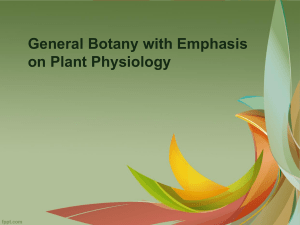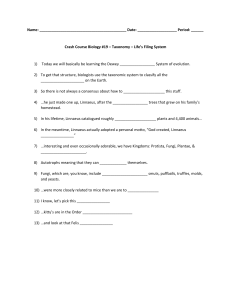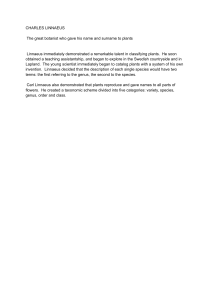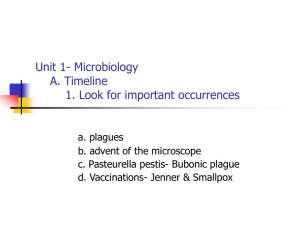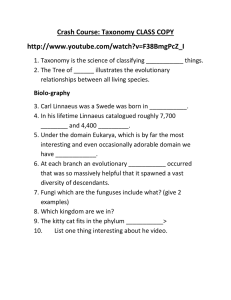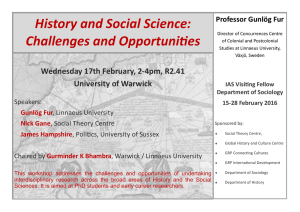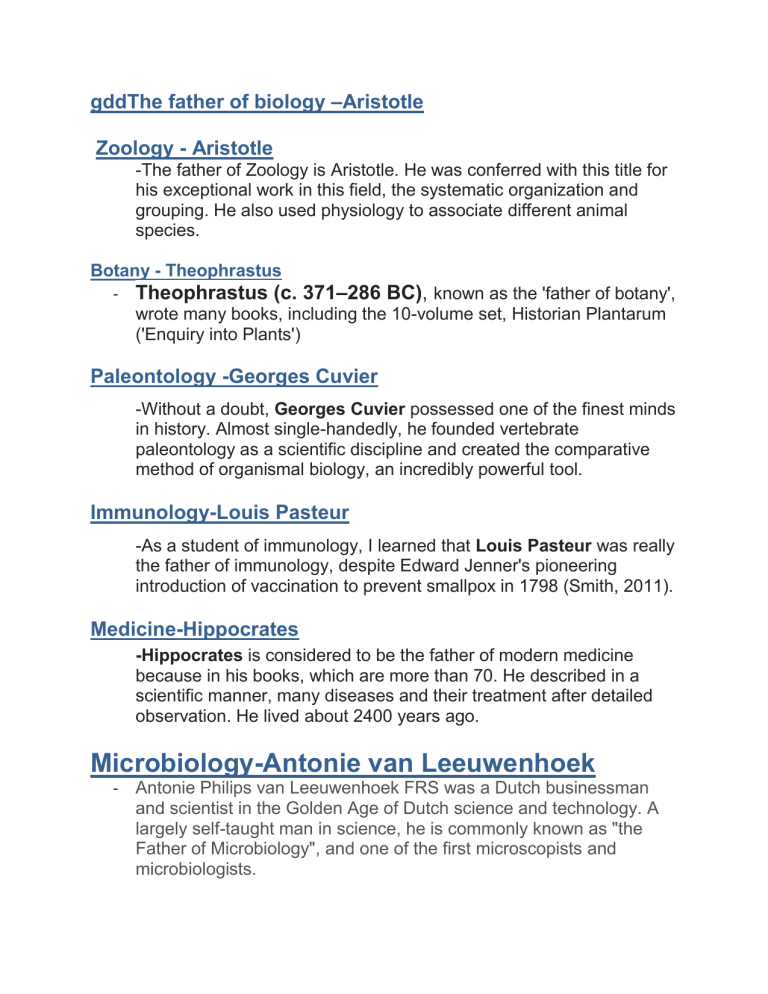
gddThe father of biology –Aristotle
Zoology - Aristotle
-The father of Zoology is Aristotle. He was conferred with this title for
his exceptional work in this field, the systematic organization and
grouping. He also used physiology to associate different animal
species.
Botany - Theophrastus
- Theophrastus (c. 371–286 BC), known as the 'father of botany',
wrote many books, including the 10-volume set, Historian Plantarum
('Enquiry into Plants')
Paleontology -Georges Cuvier
-Without a doubt, Georges Cuvier possessed one of the finest minds
in history. Almost single-handedly, he founded vertebrate
paleontology as a scientific discipline and created the comparative
method of organismal biology, an incredibly powerful tool.
Immunology-Louis Pasteur
-As a student of immunology, I learned that Louis Pasteur was really
the father of immunology, despite Edward Jenner's pioneering
introduction of vaccination to prevent smallpox in 1798 (Smith, 2011).
Medicine-Hippocrates
-Hippocrates is considered to be the father of modern medicine
because in his books, which are more than 70. He described in a
scientific manner, many diseases and their treatment after detailed
observation. He lived about 2400 years ago.
Microbiology-Antonie van Leeuwenhoek
- Antonie Philips van Leeuwenhoek FRS was a Dutch businessman
and scientist in the Golden Age of Dutch science and technology. A
largely self-taught man in science, he is commonly known as "the
Father of Microbiology", and one of the first microscopists and
microbiologists.
Taxsonomy-Carolus Linnaeus
-Today is the 290th anniversary of the birth of Carolus Linnaeus, the
Swedish botanical taxonomist who was the first person to formulate
and adhere to a uniform system for defining and naming the world's
plants and animals.
Histology-Marie François Xavier Bichat
-Marie François Xavier Bichat 14 November 1771 – 22 July 1802)
was a French anatomist and pathologist, known as the father of
modern histology. Although he worked without a microscope, Bichat
distinguished 21 types of elementary tissues from which the organs of
the human body are composed.
Modern Botany-Carl Linnaeus
- Carl Linnaeus is known as the father of modern botany.
Louis Pasteur: Father of bacteriology.
Julius Sachs (1868): The father of plant physiology.
Modern Genetics-Gregor Mendel
-
Gregor Johann Mendel, OSA was a biologist, meteorologist,
mathematician, Augustinian friar and abbot of St. Thomas' Abbey in
Brünn, Margraviate of Moravia.
Psychology-Wilhelm Wundt
- Wilhelm Wundt was a German psychologist who established the
very first psychology laboratory in Leipzig, Germany in 1879. This
event is widely recognized as the formal establishment of psychology
as a science distinct from biology and philosophy.
Modern embryology
- Karl Ernst von Baer: 1792-1876. On the 200th birthday of the "father
of embryology"
Why study different branches of biology?
-biology plays an important role in the understanding of each
organism, and the more we know about different organisms, the
more we can understand about their complex nature.
